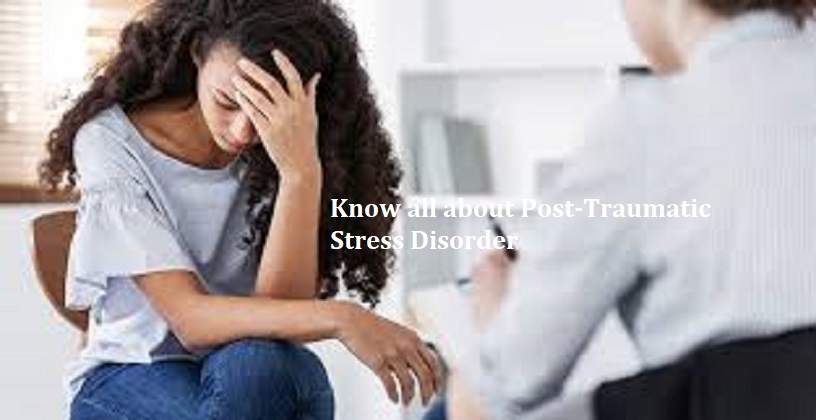
Post-Traumatic Stress Disorder (PTSD) is an anxiety disorder. It is triggered by a traumatic event. It is a mental health condition that can occur after someone has experienced or witnessed a dangerous and life-threatening event such as war, sexual assault, physical abuse, natural disasters, or car accidents. It is normal to feel anxious and overwhelmed after experiencing a traumatic event.
PTSD can cause intense emotional distress ranging from flashbacks or nightmares, intrusive memories of the event, avoidance of anything that reminds of the event, difficulty sleeping or concentrating, feelings of guilt or fear, and outbursts of anger. These symptoms can last weeks, months, or years.
Also Read: Know all about ‘Misophonia’
The symptoms of PTSD can vary from person to person but typically fall into four categories: intrusive thoughts, avoidance behaviour, negative changes in mood and thought patterns, and changes in physical and emotional reactions.
Intrusive thoughts include flashbacks or nightmares that cause the person to relive the traumatic event. Avoidance behaviour includes avoiding people, places, activities, objects, or conversations that remind the person of the traumatic event. Negative changes in mood and thought patterns include feeling detached from loved ones, persistent negative emotions like fear or guilt, trouble remembering details of the traumatic event, or feeling disconnected from reality. Changes in physical and emotional reactions include feeling jumpy or easily startled, increased heart rate or difficulty sleeping.
The best way to treat PTSD is with therapy and medications. Therapy for PTSD typically includes cognitive behavioural therapy (CBT) which helps the person identify negative thought patterns and replace them with healthier ones. It also helps them learn how to manage their emotions and cope with stressful situations. Medications for PTSD include antidepressants which help manage symptoms of depression and anxiety; mood stabilizers which help manage extreme emotions; and antipsychotics which help manage hallucinations and flashbacks.

Post Your Comments